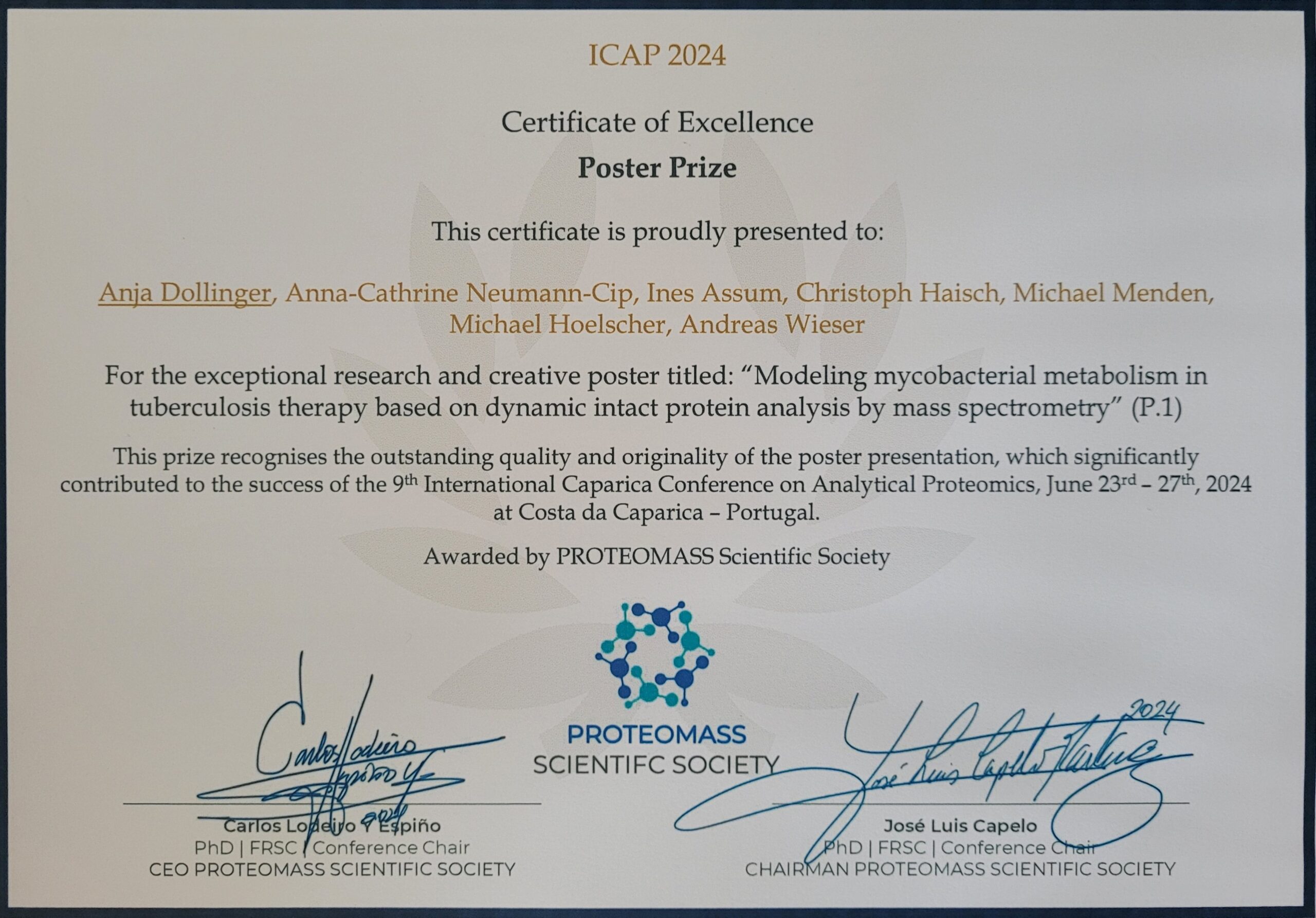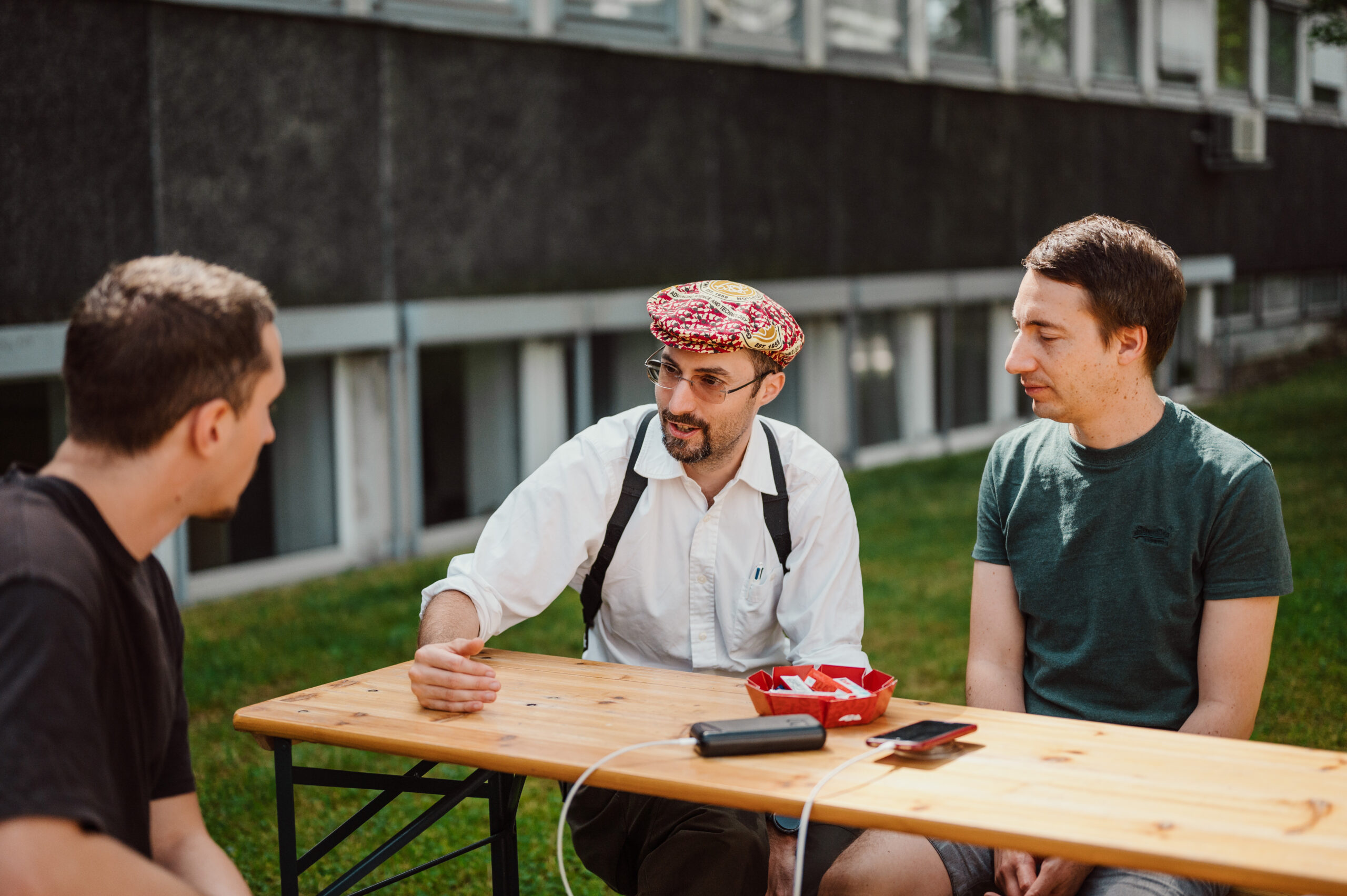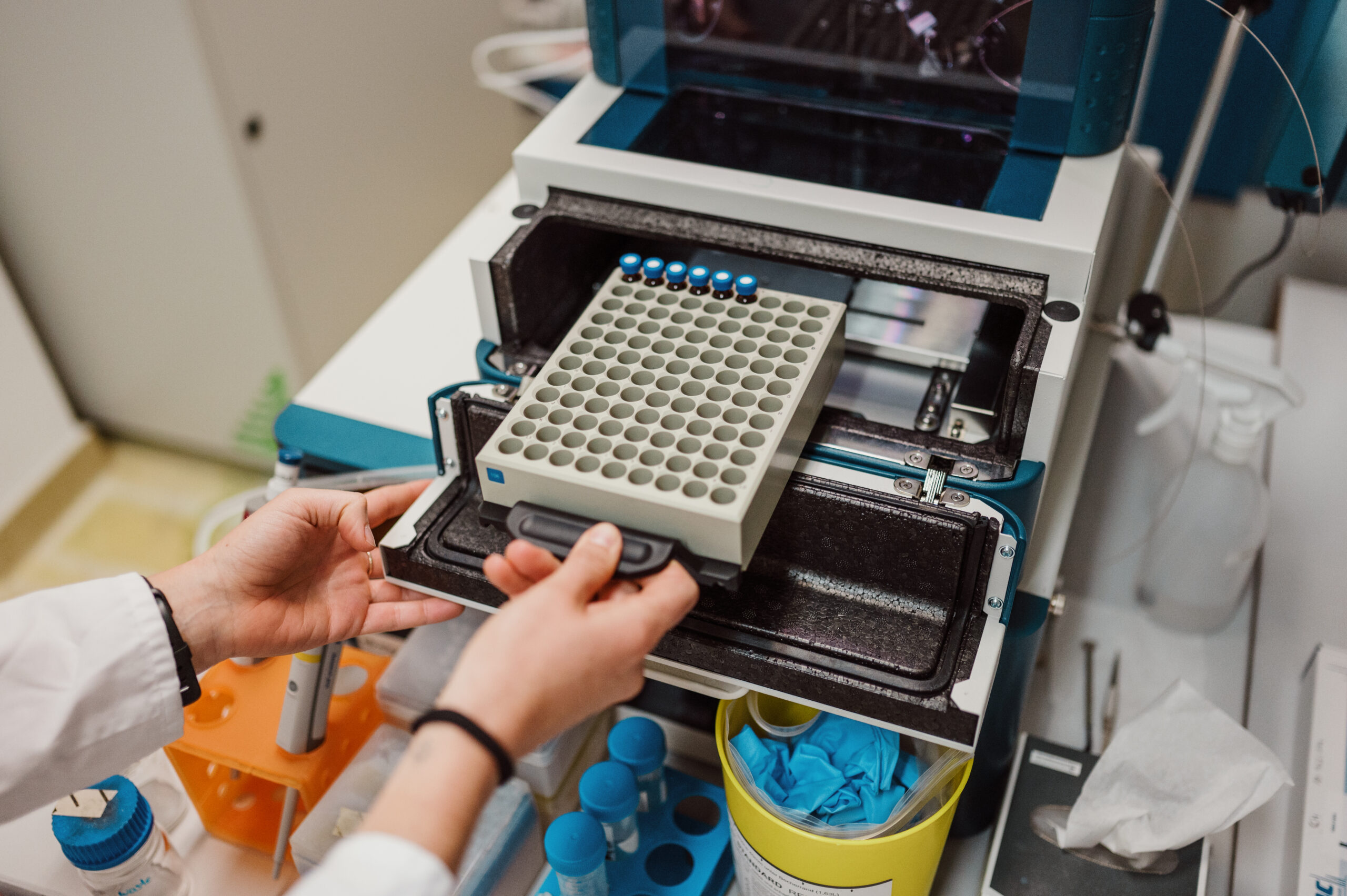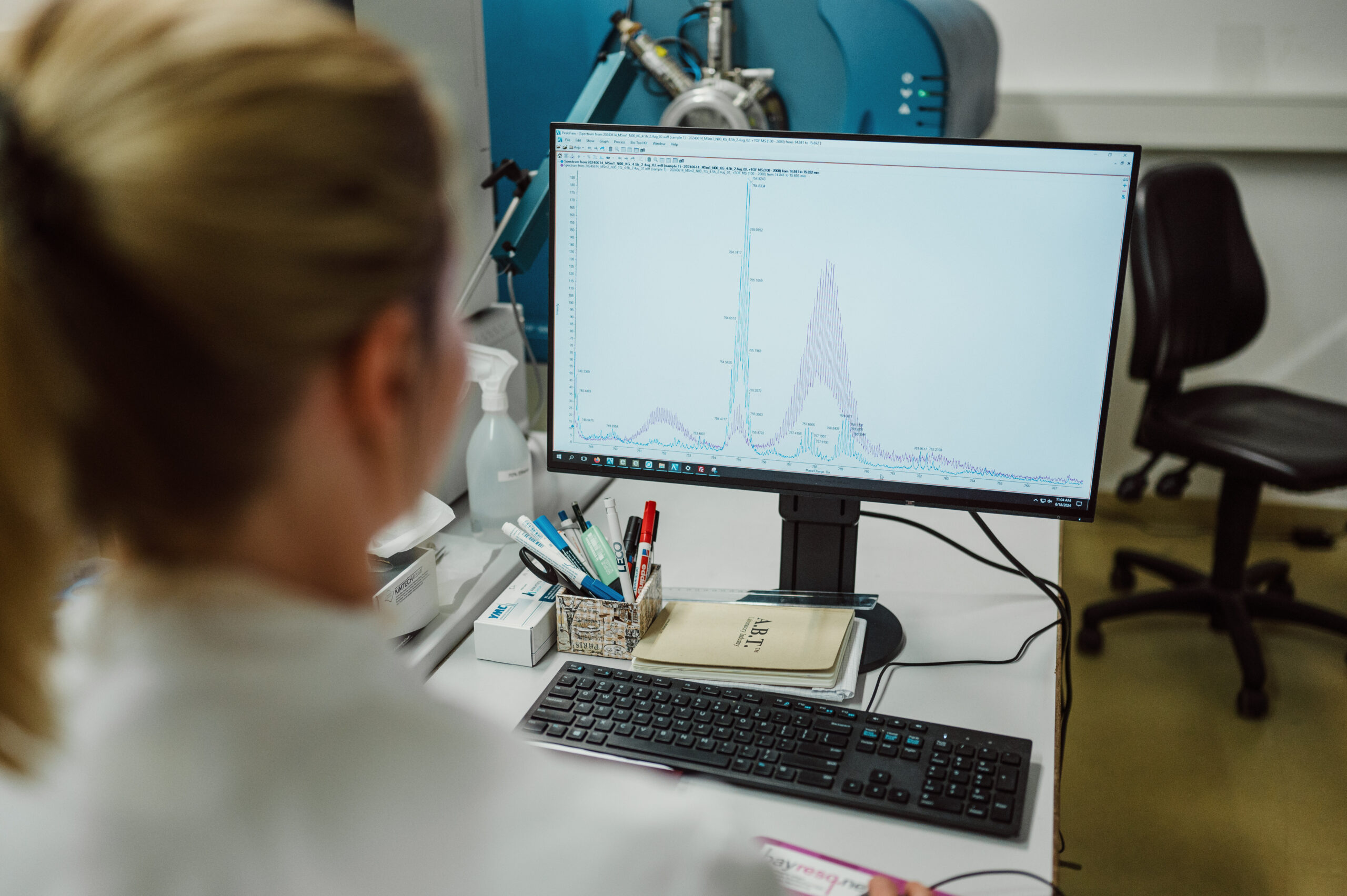The research network DynamicKit, funded by bayresq.net, is working on innovative strategies to combat multidrug-resistant tuberculosis using a revolutionary proteomics technology and artificial intelligence. Tuberculosis remains one of the deadliest infectious diseases worldwide, especially due to the emergence of drug-resistant bacteria.
DynamicKit has developed a new methodology that enables faster and more cost-effective analysis of the effects of various antibiotics. Through machine learning and systems biology, researchers are examining how antibiotics work in combination and which drugs can effectively overcome resistance.
As Dr. Wieser emphasized, “We want to understand the pathways and thus develop new drugs that work better and faster.” The results of this research could revolutionize tuberculosis treatment globally by enabling safer and shorter therapies. However, it’s not only tuberculosis research that stands to benefit from these findings. Since the underlying mechanisms are universally applicable, they could also significantly advance basic research and the treatment of other drug-resistant infections, thereby revolutionizing global resistance research.
A crucial factor is the proteomics technology developed by Dr. Wieser, which surpasses traditional approaches such as the SILAC technique. While conventional methods often rely on statistical inferences, Wieser’s approach allows for the direct observation of intact proteins in mycobacteria. This provides a more precise analysis of protein structures and enables a deep understanding of resistance mechanisms. This innovative technology could significantly accelerate research and enable new therapies against multidrug-resistant pathogens worldwide.







